Tories must slow down or they’ll crash again
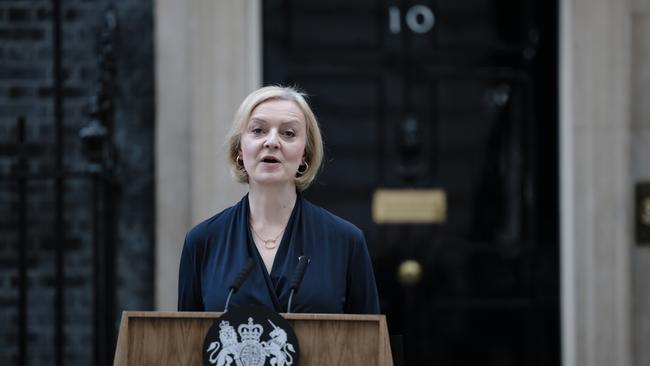
Whoever wins the Tory leadership race should govern at a slower pace. Liz Truss’s premiership was doomed by her decision to have a budget by any other name at breakneck speed. Even with the ten-day pause imposed for national mourning for the Queen, it was delivered only 17 days after Truss entered Downing Street. It had to be prepared by a Treasury whose permanent secretary had just been fired.
Speed was the justification for not having any forecast from the Office for Budget Responsibility (OBR) to go with it, one of the elements that most spooked the markets. The pace also meant people were taken aback by the measures in it, making the reaction even more extreme than it otherwise would have been.
The new prime minister risks repeating the mistake if they don’t move the Halloween “fiscal event”. from October 31. It would be absurd to become prime minister next Friday and then have the chancellor set out a fiscal package that will define the rest of the parliament on Monday – especially as the major measures would have to be shared with the OBR (for their forecast) before the new prime minister had even been announced. This would mean the parameters for the next general election being set even before the new leader had spoken to the nation from the steps of No 10.
This Friday, Jeremy Hunt is meant to sit down with secretaries of state to discuss their budgets and what “eye-wateringly difficult” decisions they are prepared to take. What they will have to do is almost as difficult as what Cameron and Osborne did in 2010 as they tried to right the public finances. By some estimates, Hunt’s measures could amount to the most significant budget since 1970, with 1.4 per cent of GDP being either cut from state spending or added in taxes.
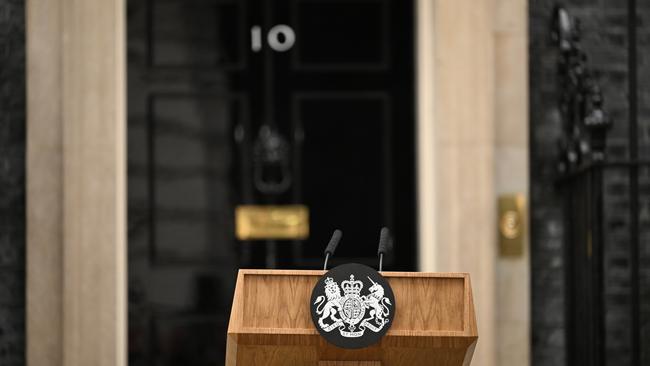
It’s a monstrously large and radical job, which Hunt is being expected to perform having been in the Treasury for a week and now not knowing who his prime minister will be on the 31st. “He’s a class operator, none of this is his fault,” says one minister. “But the sheer craziness of what we’re doing is understated.”
There are three main problems with this approach. First, before the government can publish what is in effect a spending review, it needs to know what the aim is. What is its priority? What kind of state is it trying to shape?
The next danger of going at such a pace is unintended consequences. There is no time to test ideas out or to consider the second-order effects. One veteran of the 2010s points out that George Osborne cut local government spending right back because he saw figures showing that councils were sitting on huge cash reserves. Only later did he find out this was an overall figure and did not factor in how cash-strapped many individual councils were. So, his cuts had a far more dramatic effect in some regions than others: an unfairness that was not intended. How many more such effects will there be as a result of rushing through a budget at such speed?
Then, take immigration. The government is trying to rush through a more liberal policy so the OBR can reflect it in its forecasts. More people arriving means more economic activity. If Hunt can tell the OBR he’s keeping net inflows of migration at about 200,000 a year, the hope is that it reduces the size of the pounds 72 billion black hole by about 15 per cent. This is what led to the clash between Downing Street and the former home secretary Suella Braverman, who had spoken about going back to a migration target of tens of thousands, and which eventually led to her resignation (ostensibly for sending details of the policy to a Tory MP who is not a minister).

Yet perhaps the biggest risk is that operating at such a pace means the policies won’t stick. What will be announced on Halloween will inevitably include some horrors. Hunt has been clear he will have to announce tax rises and spending cuts – the most politically unpalatable pairing. The danger is that this package reassures the markets – and is then unpicked by Tory MPs in the following weeks and months. This is what could freak out the markets afresh.
With Kwasi Kwarteng’s mini-budget measures junked and the markets now calmer, it would be better to push such decisions back until a full budget in late November. This would give the government an extra three or four weeks to work out what it is trying to achieve with this fiscal statement. It would also give the statement more credibility to know that the new prime minister was fully bound into it.
Before they get to this statement, the Tories have to decide who they want to lead them. This is a decision that is existential for them. The party is currently on course for a worse defeat than even 1997, and if they mess up again they could end up being out of power for a generation.
They cannot afford a repeat of what has just happened: bringing in a new leader, relatively unknown to the public, who when things go wrong has no reservoir of public support to fall back on. If that happened again, the clamour for an election would become close to irresistible.
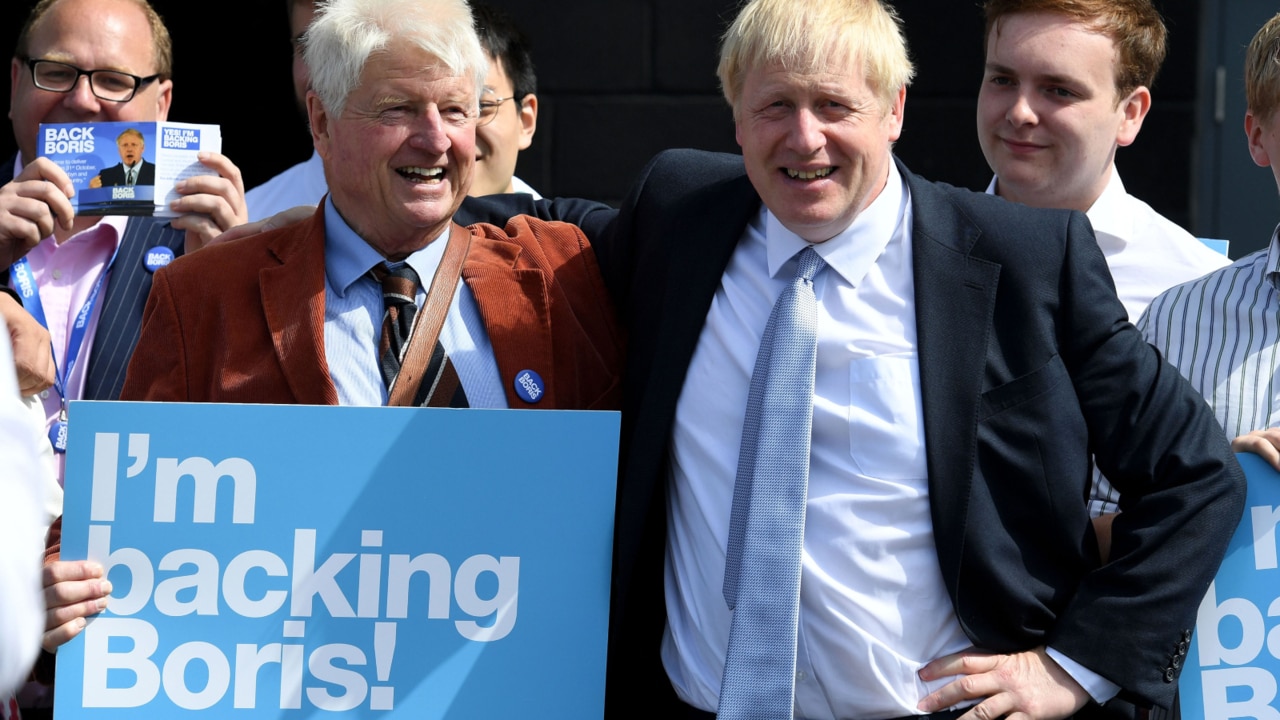
The Tories should also be wary of promises that can’t be delivered. Truss ran for leader deriding the idea of “abacus economics”; that tax and spend should add up. She promised tax cuts but with no apparent means of paying for them. When she put this philosophy into action, and threw in some extra tax cuts too, the markets baulked. So, confidence in the UK was eroded and Hunt has ended up having to impose higher taxes than would otherwise have been necessary.
The Tories’ best hope is to offer a period of serious, sober government. They need to end the drama of the past few months – more slow TV than Netflix rollercoaster. If they can do that, then there is still a route to electoral survival, but they need to show they can adjust to the new economic realities.
We wait to see who the candidates will be. But the Conservatives must remember this time that they are picking not just a party leader but a prime minister too.
(James Forsyth is political editor of The Spectator)
The Times

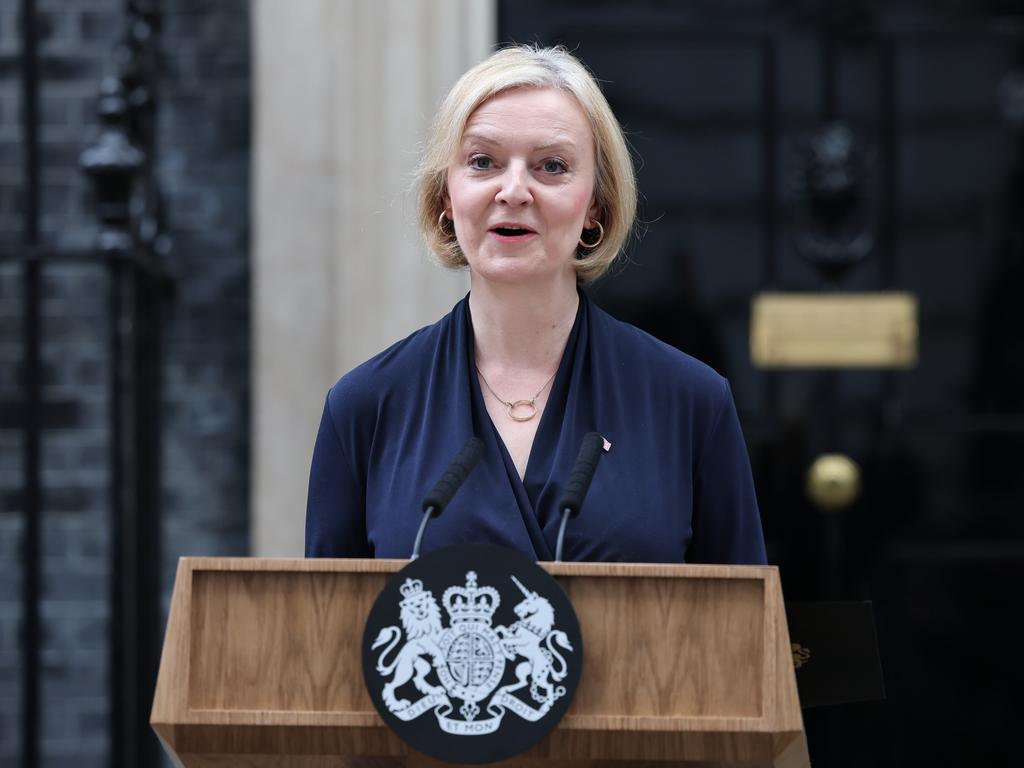

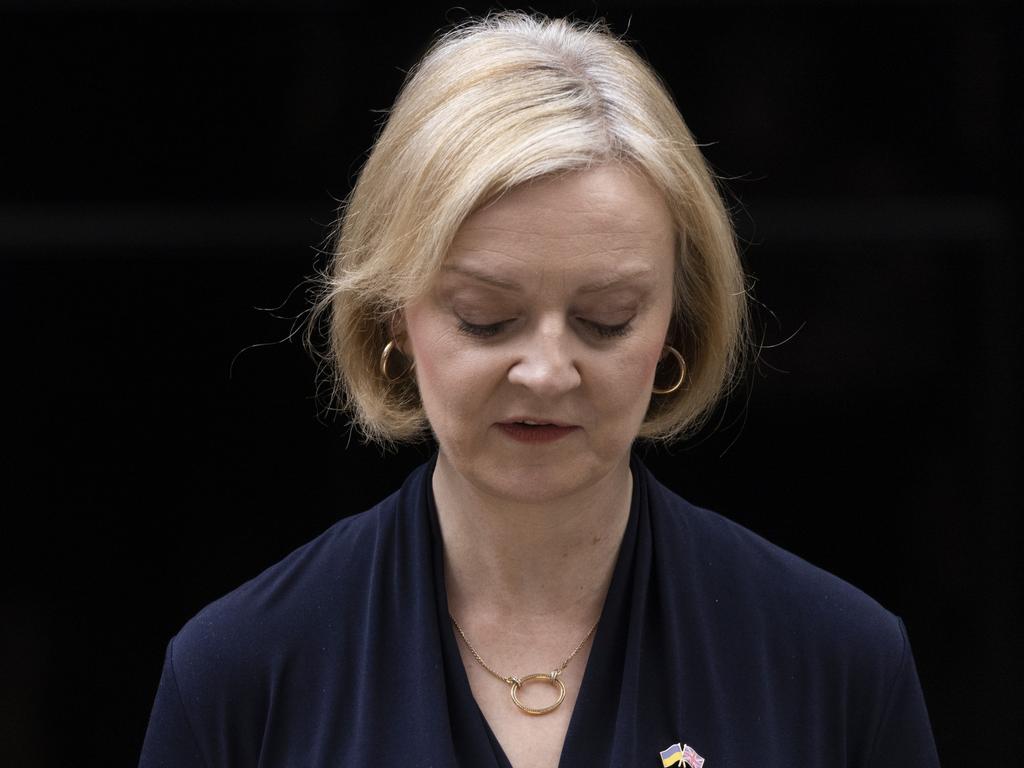
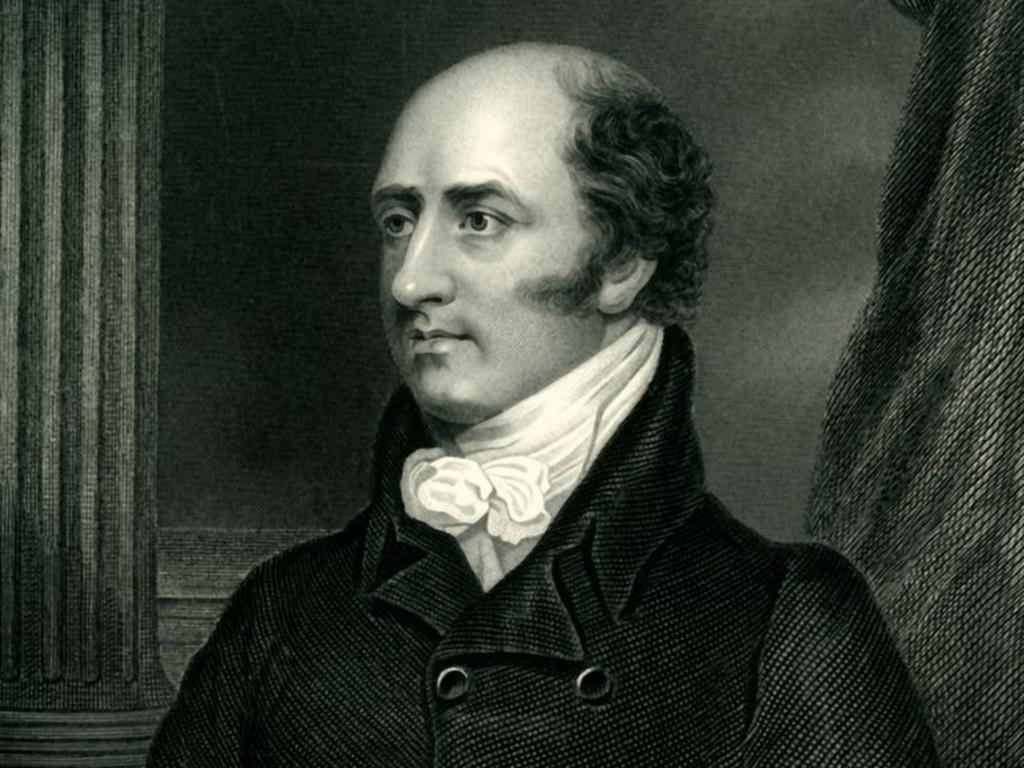
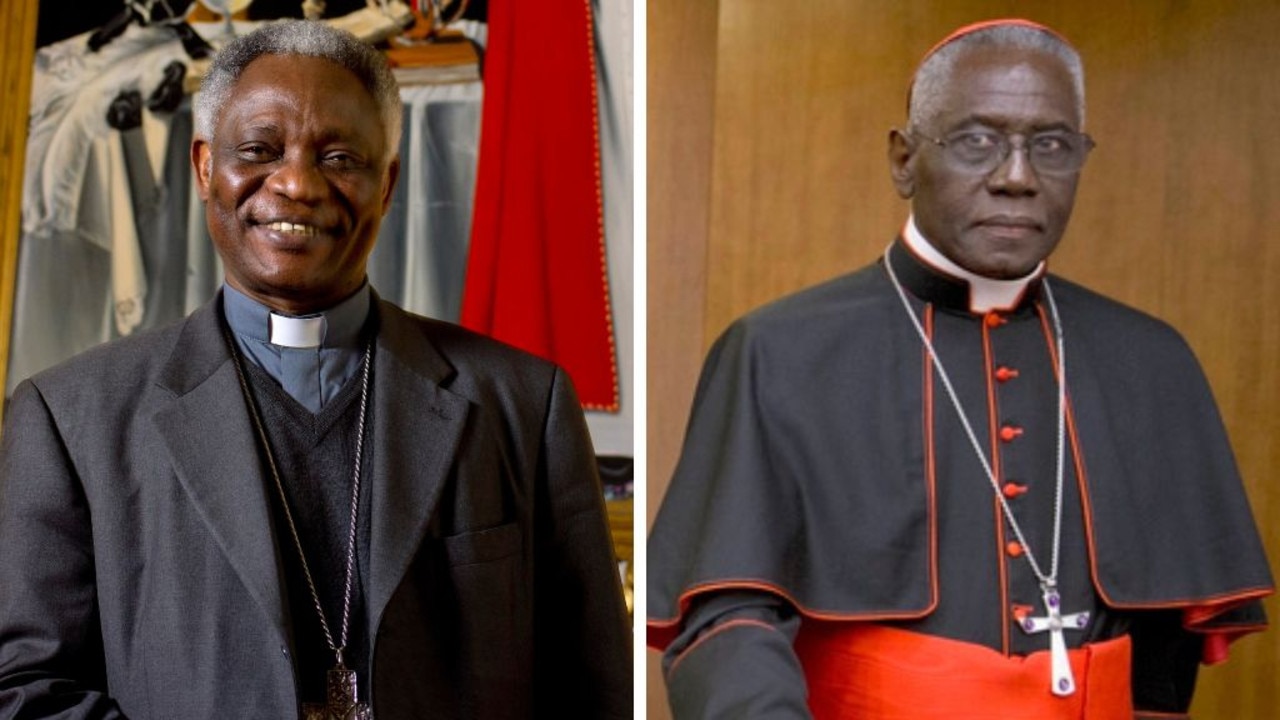
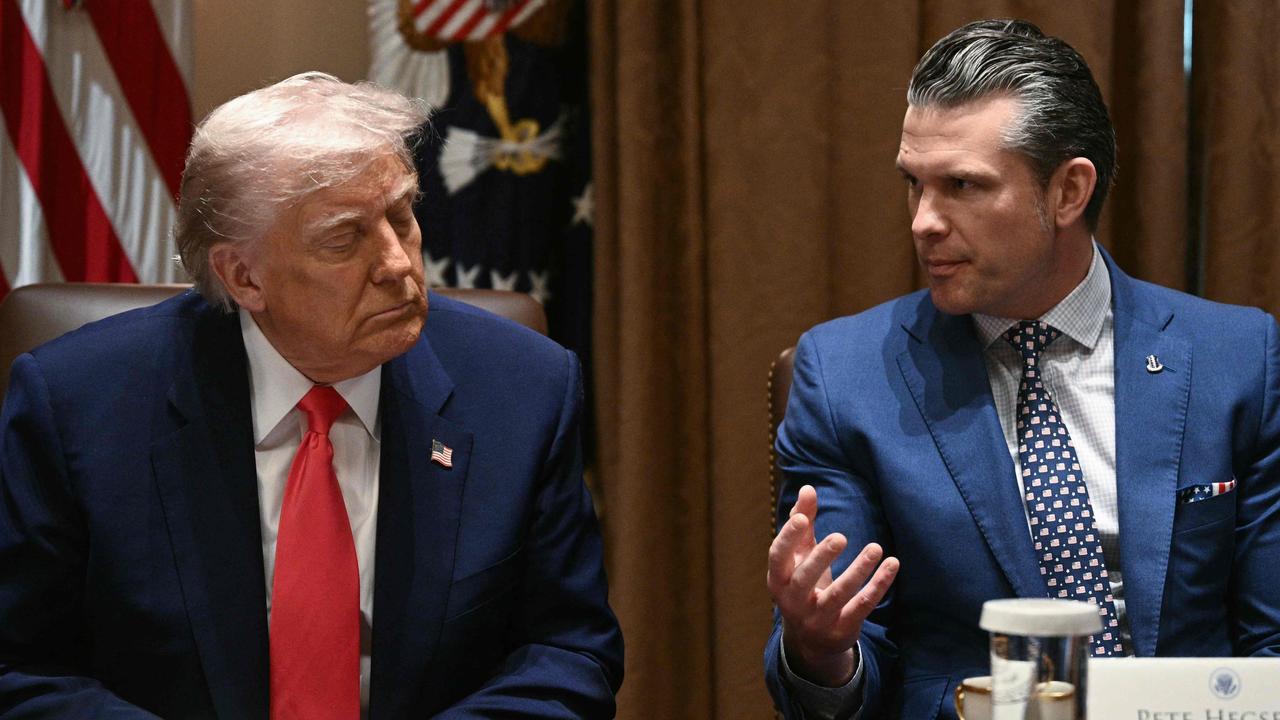
Britain is suffering from box-set politics. Each series is more dramatic (and less plausible) than the last. The plot twists go from the unlikely to the unbelievable. The narrative arc is ever more compressed. Characters come and go with alarming speed. And the most unlikely of comebacks is mooted. It is no way to run a country that desperately needs calm and stability.